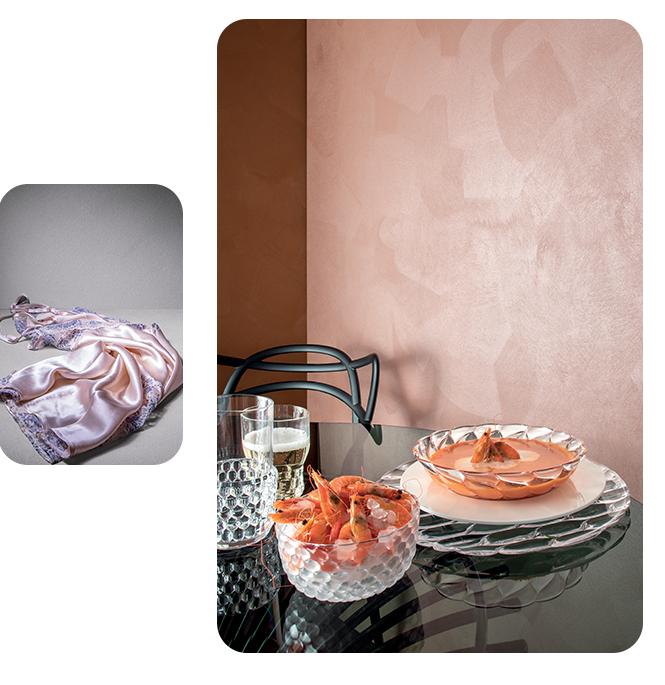Would you like to activate ambient music to elevate your immersive experience?


©(2026) All Rights Reserved
Luxe Decor by GG and selected third parties use cookies and similar technologies for essential site functionality and, with your consent, for enhanced user experience, performance analytics, and marketing purposes including personalised advertising, as described in our cookie policy.
You can manage your preferences, give or withdraw consent at any time by visiting the settings panel. Please note that disabling some cookies may affect your website experience and limit certain functionalities.
Click “Accept all” to allow all cookies. Click “Reject all” to continue with only essential cookies.